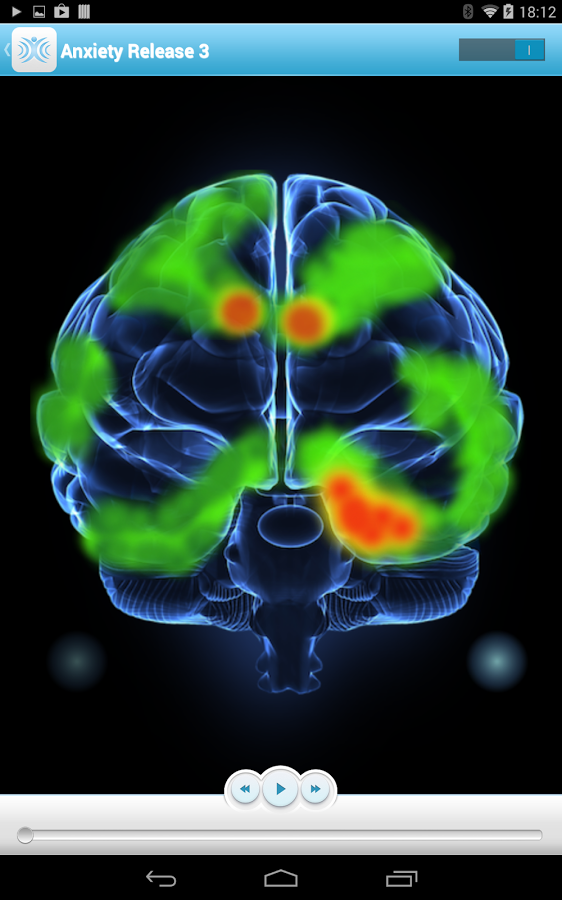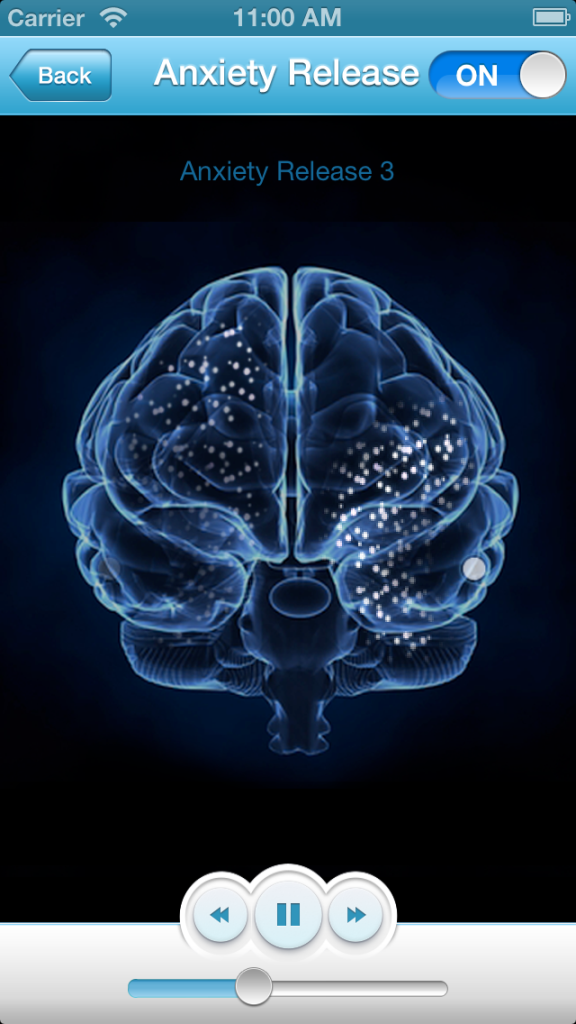- Accept your anxiety. Anxiety is a feeling. Feelings are automatic, responses to stimuli, which come from a primitive part of your nervous system. Feeling anxious might be unpleasant and confusing at times, but it is not a matter of choice.
- Don’t judge yourself for having anxiety. Having anxiety does not mean you are weak, stupid or abnormal – anxiety is a feeling – feelings originate in the survival part of your nervous system which tends to treat everything as a threat until proven otherwise (If you’re a cave-man living in the jungle its better to misread a safe situation for a dangerous one than vice-versa). Having anxiety is human.
- Learn to live in the present. Anxiety tends to take your attention away from the present. This can prevent you from enjoying life. Anxious people often feel disconnected from what is going on around them. Learning to Meditate can help with the above three strategies.
- Focus your attention on something else – direct your attention toward something interesting (but not too exciting) and relaxing. Eg; counting backwards in 3’s from 100, Bilateral stimulation – as found on Anxiety Release with bilateral stimulation’).
- Do something that makes you feel better – Do something physical which makes you feel calm and confident (talking with a friend, playing with your dog, walking on a beach).
- Think of something which makes you feel better – remember a time when you overcame a challenge and felt good about yourself.
- Change your perspective. Anxiety generally involves seeing negative circumstances too “up close” – imagine you can telescope your attention backwards so that you can see the problem with more distance. Compared with other things in your life or the world, is it really so big and bad?
- Avoid situations or people which make you feel anxious. Anxiety is there to warn you of danger. Unless there is some good reason why you should tolerate things which make you feel anxious, (eg; living or working in a war zone) you should avoid them. One of the most important antidotes to feeling anxious is feeling SAFE.
- Deal with your past. If your anxiety is part of a painful memory make a commitment to deal with that memory. (Changing memories involves; 1) ‘opening’ the memory file-folder in your mind 2) linking the memory to alternative memories or experiences of self-mastery and control, 3) reviewing the memory in the light of new information). If you need help try seeing an EMDR-trained therapist. Or get a copy of Shapiro’s ‘Getting past your past’ (Rodale, 2013).
- Change your thinking. Try and identify any self-defeating expectations, attitudes or beliefs you have which might be maintaining your anxiety (eg; I must not make a mistake, I must keep everybody happy, my needs don’t count etc). Note; these are often unconscious and may require considerable introspection to uncover. A therapist trained in Schema Therapy or Cognitive behavioural Therapy can help.

